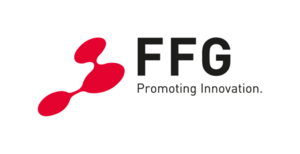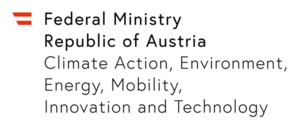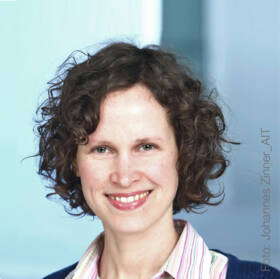Mobility Initiative for Kids and Youngsters.
Background
Children and teenagers benefit from supervised leisure activities outside their regular school day. However, in rural areas, transportation options are often insufficient to facilitate participation in these activities. As a solution, parents often organize transport services themselves, but this is far from ideal for several reasons. One reason is that these 'parent taxis' create additional work for parents. Another reason is that they reinforce unsustainable mobility patterns, leading to increased traffic, higher emissions, more time pressure, and ultimately, negative emotions.
Project Content
In the MIKiYo project, we are developing and testing a new, sustainable mobility concept that is primarily oriented toward the needs of children and teenagers, but also includes their environment (parents, older siblings, grandparents, etc.). One of the major challenges of the project is considering and integrating the specific requirements of all parties involved. Since trust, safety, and reliability are essential for the success of a sustainable solution, we place great emphasis on these aspects. Our primary goal is to support young people in becoming more independent in managing their daily mobility needs.
Goals
The overarching goal of MIKiYo is to improve mobility offers for children and teenagers in rural regions. This includes the following steps and goals:
- Determine which data must be fed into a mobility platform and what functions this platform needs to improve leisure activity planning for children and teenagers.
- Conduct a comprehensive data survey on mobility behaviours, leisure activities, and specific needs of young people to find out which mobility forms they use and could use.
- Focus on independent mobility. The mobility platform is designed to encourage children and teenagers to opt for (both supervised and independent) active mobility. Shared trips are organised, incorporating active forms of mobility.
- Develop an optimisation algorithm that takes requirements and mobility needs into account and allows for the efficient planning of trips.
- Colloborate with relevant parties and interest groups in order to create long-term solutions. This is also done with the intention of bringing about a positive change for environment and society.
Methods
We collect and analyse data on the mobility needs of children and teenagers. We develop an optimisation algorithm that allows for the efficient and target group-oriented planning of journeys, places a high value on alternative forms of mobility, and promotes independent mobility. Moreover, we create a user-friendly dashboard that provides easy-to-grasp insights into the planning results. It highlights the advantages of optimised mobility behaviour by displaying distances and emissions saved, for instance. We dedicate significant attention to participation, so we develop the system requirements together with children, teenagers, and their legal guardians. The active participation of everyone involved does not only result in a deeper understanding of the topic, but also fosters a positive change of behaviour towards active and sustainable mobility.
Results
Optimised mobility behaviours such as the pooling of journeys or using the bicycle – to name only two examples – can reduce reliance on motorized private transport and lower CO2 emissions. Economically, our efforts have positive effects on regional leisure offers by raising participant numbers and saving parents money through reduced trips. There are social effects as well. Children’s and teenagers’ independence is strengthened, and equality of opportunities is improved as leisure programmes are made accessible for a larger group of young people. Finally, the burden on parents is reduced because childcare is distributed among a larger group of persons.
Projectpartners
Funding
The FFG is the central national funding organization and strengthens Austria's innovative power. This project is funded by the FFG.
You want to know more? Feel free to ask!
Department of Rail Technology and Mobility
- AIT Austrian Institute of Technology (lead)
- Wir 5 im Wienerwald (Gemeinden Purkersdorf, Gablitz, Tullnerbach, Mauerbach, Wolfsgraben)
- Goodville Mobility
- Digitalsunray Media




